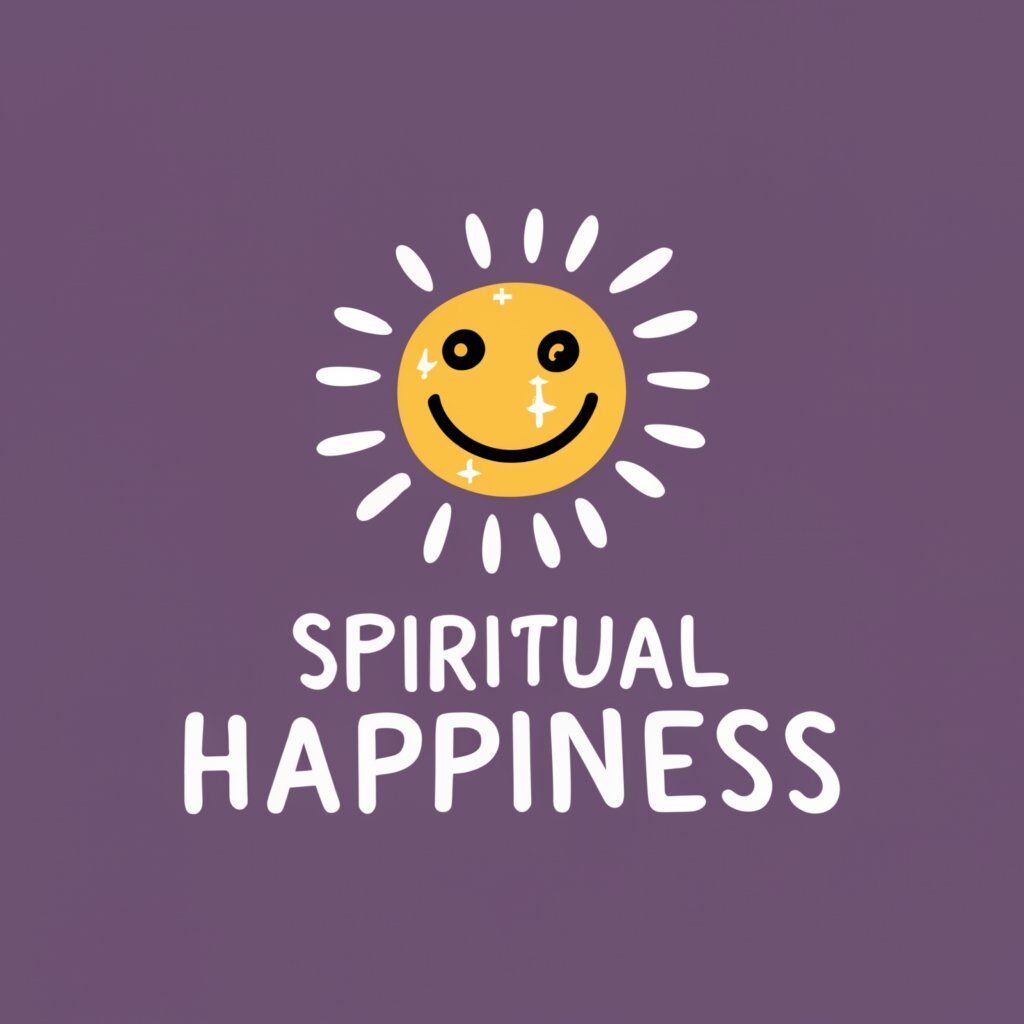Did Buddha Believe in God? Exploring Gautama Buddha’s Views on Deity
Introduction
Buddhism, with its profound teachings of enlightenment and inner peace, has intrigued spiritual seekers for centuries. One of the intriguing questions that often arises is whether Siddhartha Gautama, the founder of Buddhism, believed in God or deities. In this article, we will delve into the philosophical and spiritual aspects of Buddhism to explore whether Gautama Buddha believed in God and how Buddhism views the concept of divinity.
Siddhartha Gautama: The First Step Towards Enlightenment

Siddhartha Gautama, also known as the Buddha, was a prince born in ancient India around 563 BCE. He lived a life of privilege but was deeply moved by the suffering he witnessed in the world. Determined to find the path to end human suffering, he renounced his royal life and embarked on a spiritual journey.
Did Gautama Buddha Believe in God?
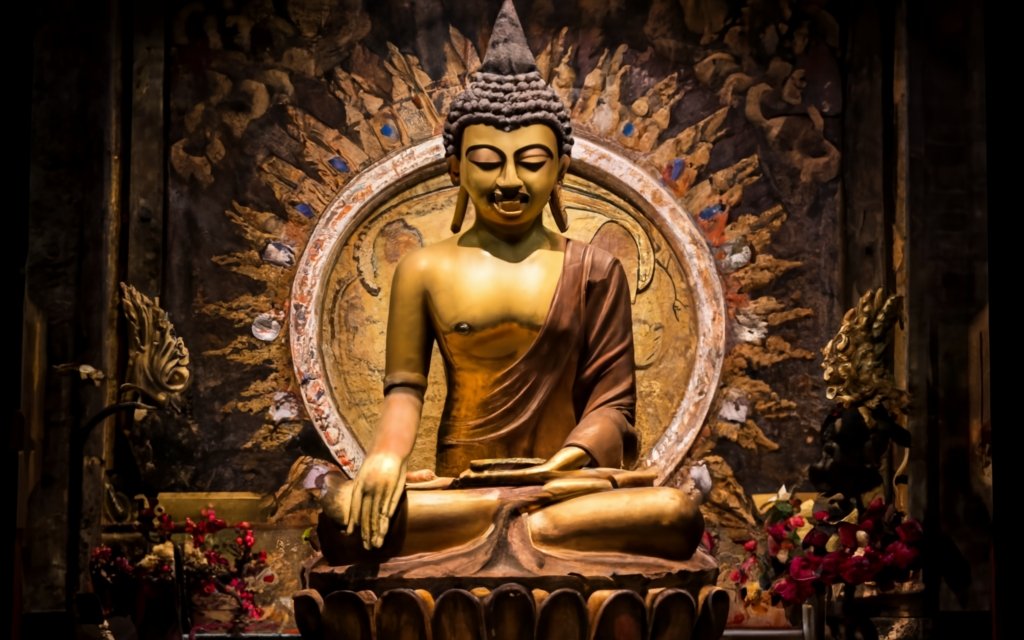
The question of whether Gautama Buddha believed in God is a complex one. Buddhism, as a philosophy and religion, does not revolve around the worship of a deity or deities in the traditional sense. Instead, it focuses on understanding the nature of suffering and the path to enlightenment.
Buddhism’s Perspective on Deity
Buddhism does not deny the existence of gods or deities, but it does not center its teachings on their worship or involvement in human affairs. In Buddhist philosophy, gods are seen as beings who, like humans, are trapped in the cycle of birth, death, and rebirth (samsara). They are not considered omnipotent or creators of the universe.
The Essence of Buddhism
At its core, Buddhism emphasizes the Four Noble Truths and the Eightfold Path, which serve as the foundational principles for achieving enlightenment and liberation from suffering. These teachings focus on self-awareness, moral conduct, and mental discipline rather than reliance on divine beings.
Can You Believe in God and Buddhism Simultaneously?
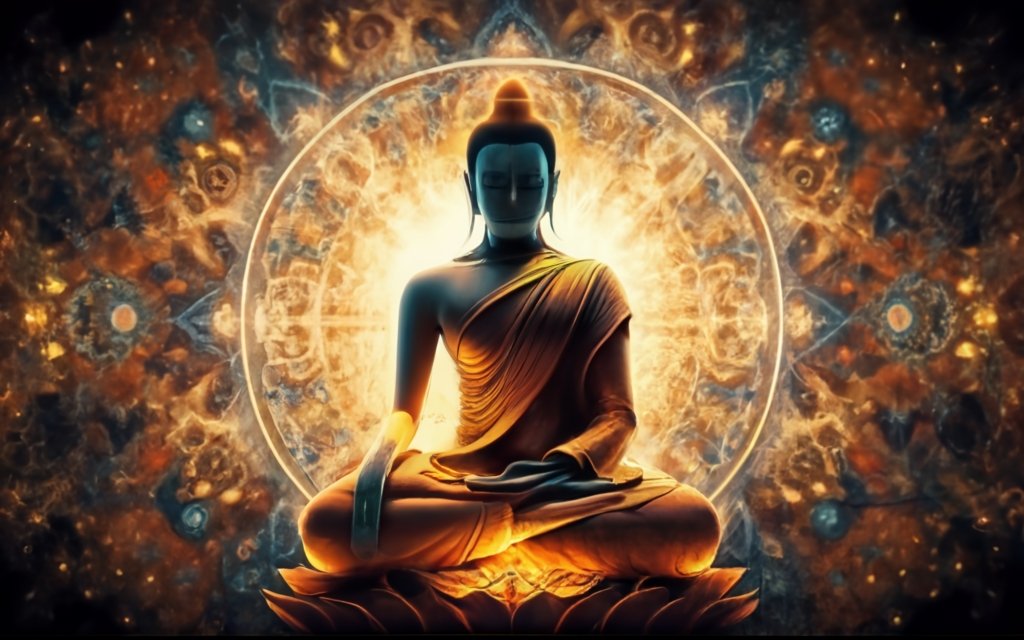
Yes, it is possible to hold beliefs in both God and Buddhism simultaneously, although it may require some reinterpretation of traditional religious concepts. Some individuals incorporate elements of Buddhism into their existing religious beliefs, viewing the teachings as complementary rather than conflicting.
The Religion of Buddhism’s Origins
Siddhartha Gautama, who later became the Buddha, was born into a Hindu family. However, his spiritual journey led him to transcend the boundaries of his birth religion and develop the unique philosophy of Buddhism. While Buddhism emerged from within the context of Hinduism, it diverged significantly in its teachings and practices.
Why Don’t Buddhists Worship Gods?

Buddhism’s emphasis on self-reliance, meditation, and understanding the nature of suffering may lead some to wonder why Buddhists do not engage in traditional forms of deity worship. The answer lies in Buddhism‘s goal of personal transformation and enlightenment, which is achieved through inner reflection and self-discipline.
Did Buddha Believe in a God?
The question of whether Gautama Buddha believed in a specific god, like the gods worshipped in various religious traditions, is not explicitly answered in Buddhist scriptures. Gautama Buddha was more concerned with the practical aspects of human existence, the nature of suffering, and the path to liberation.
Did Buddhism Believe in God?
Buddhism, as a philosophy and spiritual practice, does not assert the existence or non-existence of a god or gods. It takes a more agnostic stance on this matter. Instead, Buddhism encourages individuals to focus on their own spiritual development and understanding the truths of existence.
The Concept of God in Buddhism
While Buddhism doesn’t outrightly reject the concept of a god, it does not attribute the creation of the universe or the path to enlightenment to a divine being. In this way, Buddhism differs from many monotheistic religions where belief in God is central to their faith.
Can a Buddhist Believe in God?
Buddhism is often described as a non-theistic or atheistic tradition because it doesn’t emphasize the worship or reliance on a god for salvation. However, this doesn’t mean Buddhists cannot believe in a god. Some Buddhists may incorporate a belief in a higher power into their practice, blending aspects of their previous religious beliefs with Buddhist principles.
When Did the Religion of Buddhism Begin?
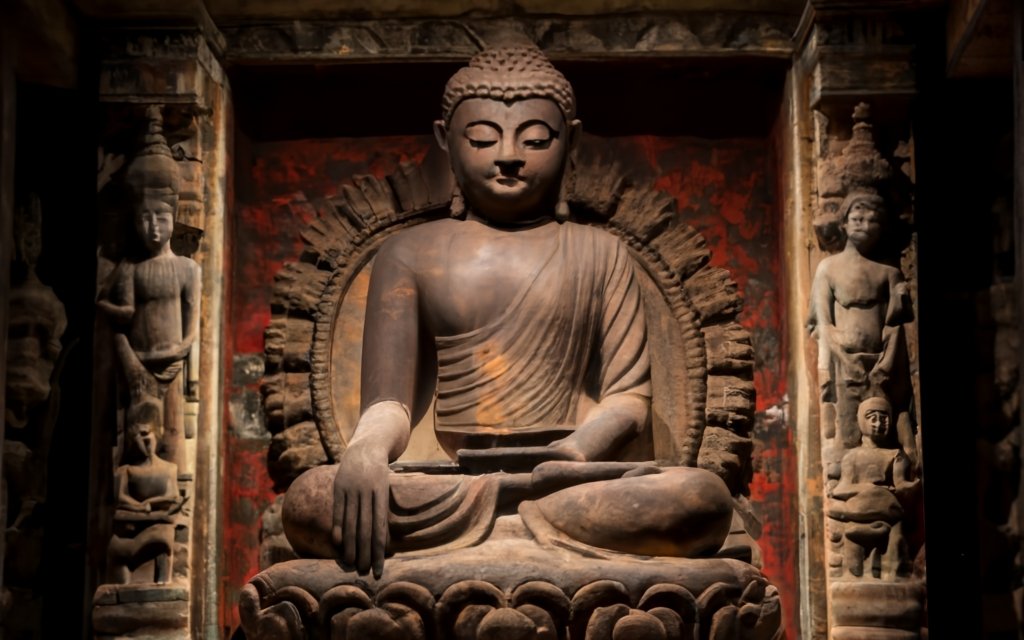
Buddhism traces its roots to the teachings of Siddhartha Gautama, who lived in the 6th century BCE. It began as a response to the prevalent spiritual and philosophical questions of the time. The Buddha’s insights into the nature of suffering and the human condition formed the foundation of this new religious and philosophical movement.
Do Buddhists Believe in God Today?
Today, Buddhism has evolved into various schools and traditions, and beliefs about the existence of a god or gods can vary among them. Some Buddhist traditions are more focused on meditation, ethics, and personal enlightenment and may not involve god concepts at all, while others may incorporate elements of deity worship.
Exploring the Complexity
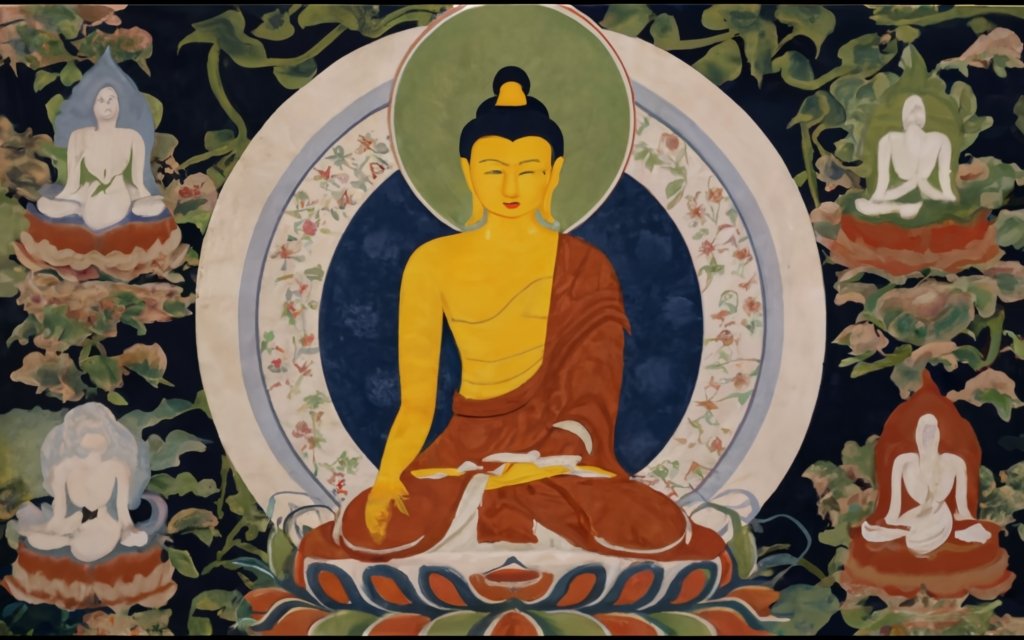
In essence, the question of whether Gautama Buddha believed in God cannot be answered definitively, as Buddhism’s focus is primarily on individual spiritual development and the pursuit of enlightenment. The absence of a central deity in Buddhism allows for diverse interpretations and beliefs within the Buddhist community.
Conclusion
In conclusion, Gautama Buddha’s teachings do not center around a belief in God or gods as seen in many other religions. Instead, Buddhism emphasizes personal transformation, ethical conduct, and inner reflection as the means to attain enlightenment and liberation from suffering. While some Buddhists may incorporate beliefs in a god alongside their Buddhist practice, it is not a central tenet of Buddhism itself. Buddhism’s openness to various interpretations makes it a rich and diverse tradition that accommodates a wide range of spiritual beliefs and practices.
Frequently Asked Questions (FAQs)
1. Did Gautama Buddha explicitly deny the existence of God?
No, Gautama Buddha did not explicitly deny the existence of God. Instead, he focused on the nature of suffering and the path to enlightenment. Buddhism, as a philosophy, maintains a more agnostic stance on the question of God’s existence.
2. Can you believe in God and Buddhism simultaneously?
Yes, it is possible to hold beliefs in both God and Buddhism simultaneously. Some individuals integrate elements of their previous religious beliefs into their practice of Buddhism, seeing them as complementary rather than conflicting. Buddhism’s flexibility allows for a wide range of interpretations.
3. What religion was Buddha born into?
Siddhartha Gautama, who later became the Buddha, was born into a Hindu family. However, his spiritual journey led him to develop the unique philosophy of Buddhism, which diverged significantly from the religious context of his birth.
4. Why do Buddhists not believe in God?
Buddhism’s emphasis on self-reliance, meditation, and understanding the nature of suffering leads to a different focus than traditional deity worship. The primary goal in Buddhism is personal transformation and enlightenment, achieved through inner reflection and ethical living rather than the worship of a god.
5. Did the Buddha ever discuss the concept of God?
While the Buddha’s teachings encompassed various aspects of existence and the human condition, he did not delve extensively into discussions about God or gods. His primary focus was on providing practical guidance for attaining enlightenment and relieving suffering.
6. Can a Buddhist believe in God and still follow Buddhist principles?
Yes, many Buddhists do incorporate a belief in a god or gods into their practice, adapting Buddhist principles to their personal spiritual journey. Buddhism’s adaptability allows individuals to explore their spirituality while still benefiting from its core teachings.
7. When did the religion of Buddhism begin?
Buddhism originated in the 6th century BCE when Siddhartha Gautama, known as the Buddha, began teaching his insights into the nature of suffering and the path to liberation. It emerged as a response to the spiritual and philosophical questions of its time.
8. What is the fundamental teaching of Buddhism?
The fundamental teachings of Buddhism are encapsulated in the Four Noble Truths and the Eightfold Path. These principles guide practitioners in understanding suffering, its causes, and the path to end suffering through ethical conduct, mental discipline, and self-awareness.
Exploring Buddhism’s Diversity
Buddhism’s openness to various interpretations and beliefs makes it a diverse tradition that accommodates a wide range of spiritual perspectives. Whether one seeks answers about God, personal transformation, or the nature of existence, Buddhism offers a rich framework for exploration and self-discovery.
